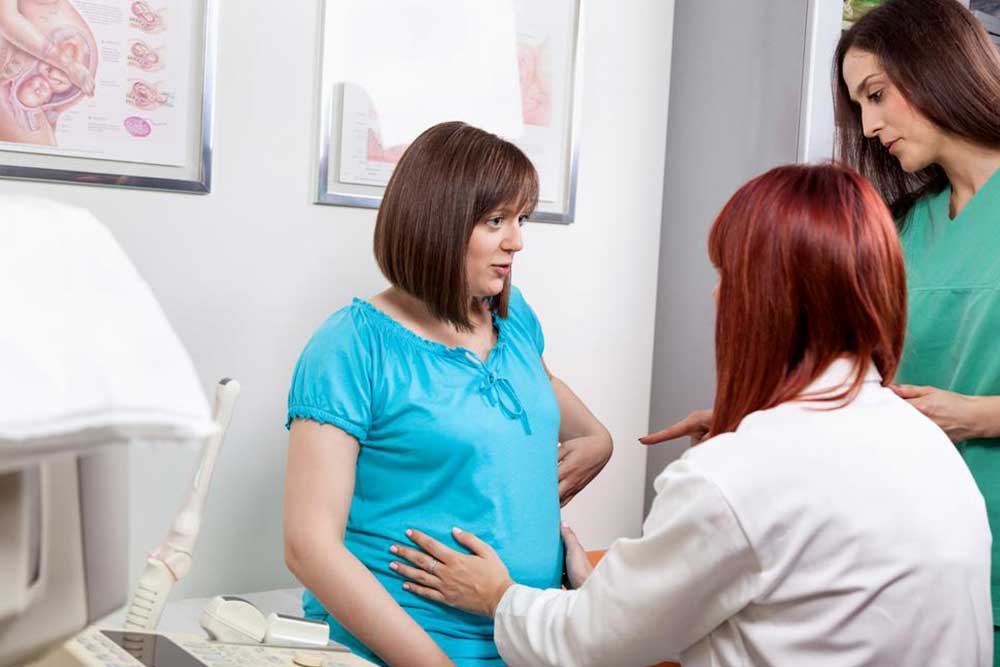Comprehensive Guide to Early Detection and Prevention of Colon Cancer
Learn about comprehensive methods for early detection and prevention of colon cancer. Discover risk factors, symptoms, screening procedures like colonoscopy, and lifestyle tips to reduce your risk. Early diagnosis can save lives, so stay informed about the latest strategies to combat this prevalent disease effectively.

Comprehensive Strategies for Early Detection and Prevention of Colon Cancer
Effective methods for early detection of colon cancer are crucial in reducing mortality and improving treatment outcomes. Globally, cancer remains one of the leading health challenges, with millions diagnosed each year. Among these, colon cancer stands out as a significant concern due to its high prevalence and often silent progression. Early detection significantly increases the chances of successful treatment, making screening and awareness vital components of public health efforts.
Colon cancer typically originates from benign growths known as polyps, which develop on the lining of the colon. Over time, some polyps can become cancerous. The development of colon cancer is a gradual process, often starting with small, harmless polyps that may go unnoticed without symptoms. Because early-stage colon cancer is frequently asymptomatic, regular screenings play a vital role in early detection. Removing polyps during colonoscopy procedures can prevent the progression to malignancy, significantly lowering the risk of advanced disease and improving survival rates.
High-Risk Groups and Screening Recommendations:
Proper screening protocols are especially important for certain populations at increased risk. Those above the age of 50 should undergo regular colon cancer screenings, with particular attention to African-American men who tend to face higher risks. A family history of the disease further amplifies individual risk, especially if relatives were diagnosed at a young age. Specific genetic syndromes, such as familial adenomatous polyposis (FAP) and hereditary non-polyposis colorectal cancer (HNPCC), significantly elevate the likelihood of developing colon cancer. FAP typically causes hundreds to thousands of polyps starting from adolescence, and if untreated, almost invariably leads to cancer. HNPCC, also known as Lynch syndrome, often results in cancers developing earlier in life, predominantly on the right side of the colon.
Understanding these risk factors helps in tailoring prevention strategies and encourages targeted screening for those who need it most. Additionally, lifestyle choices play a crucial role in cancer risk modulation. Maintaining a healthy diet rich in fruits, vegetables, and fiber, engaging in regular physical activity, limiting alcohol intake, and avoiding smoking are proven measures to reduce the likelihood of developing colon cancer.
Recognizing Signs and Symptoms:
Detecting colon cancer early can be challenging due to its often subtle symptom profile. Symptoms may vary depending on the tumor’s location within the colon and whether it has metastasized. Recognizing warning signs and seeking prompt medical evaluation are critical steps in early diagnosis.
Persistent changes in bowel habits, such as prolonged diarrhea or constipation
Persistent abdominal pain, cramping, or bloating
Unexplained weight loss and loss of appetite
Blood in stool, which may appear as bright red or dark, tar-like stool
Unusual fatigue, weakness, or anemia
Nausea or vomiting
Altered stool consistency and frequent gas
It’s important to note that symptoms like these can also be caused by benign conditions like inflammatory bowel disease, hemorrhoids, or ulcers. However, the persistence or combination of these signs warrants immediate consultation with a healthcare provider. Tumor localization influences symptom presentation: right-sided colon cancers are more often associated with anemia and fatigue, while left-sided tumors may cause bowel obstruction or changes in stool habits.
Diagnostic evaluations involve colonoscopy, which allows direct visualization of the colon lining and enables biopsies for microscopic examination. Early detection through routine screening is essential because early-stage cancers may be completely symptomless. Hence, adherence to screening guidelines, especially for individuals with known risk factors, is crucial for effective prevention.
Besides screening, lifestyle modifications are instrumental in lowering colon cancer risk. Regular physical activity, maintaining a balanced diet, limiting red and processed meats, and avoiding tobacco and excessive alcohol consumption help in prevention. Public health policies promoting awareness and screening can significantly impact overall survival rates by catching the disease at an early, more treatable stage.





